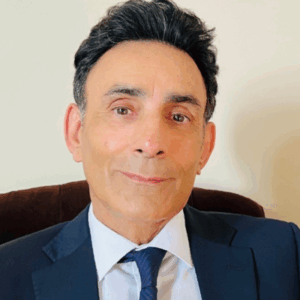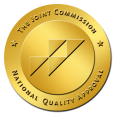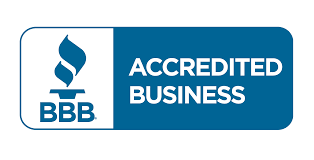

Anyone in recovery from drugs or alcohol dreads the thought of relapsing. Relapse occurs in different stages, each marked by its early warning signs of relapse.
In the initial emotional stage, individuals in recovery may experience heightened stress, anxiety, or depression. They might begin to isolate themselves from their support networks, neglect self-care, or engage in negative thought patterns that rationalize a return to substance use.
The second stage involves mental relapse, where the person begins to contemplate using substances again. This stage is marked by the desire to use and the commitment to stay sober.
Early warning signs of relapse include romanticizing past substance use, spending time with old-using friends, or even planning relapse episodes. Understanding the stages of relapse and recognizing the warning signs at each stage is vital for maintaining long-term recovery and preventing a return to drug and alcohol use.
There are many reasons why relapse occurs. The main one that is often identified is depression. Mental health conditions such as depression and anxiety, if left untreated, can lead a person back to using substances as a means of coping and alleviating the symptoms. On the flip side of that, using substances can often lead someone to experience mental health conditions such as depression and anxiety. This opens the door for a continuous cycle of 12>drug and 12>alcohol addiction and mental health struggles.
There are three main stages of relapse, and identifying the early signs of relapse can help prevent someone from picking up a drink or a drug and returning to the struggle they fought to get out of.
Often the first stage of relapse, emotional relapse happens way before a person even entertains the thought of using a substance again. Emotional relapse is when someone begins to allow negative thoughts and behaviors to be persistent in their life. This can include anger, moodiness, and anxiety.
Mental relapse is the second stage of relapse. There is often an internal struggle within a person where they grapple with the desire and thought of using substances, knowing that this can lead to severely adverse reactions. Part of them wants to maintain their recovery, while the other part of them wants to pick up and begin using drugs or alcohol again.
The final stage of relapse is a physical relapse. This is when someone physically picks up a drink or drug after abstaining from use for any amount of time. At this stage, once someone physically picks up a drink or a drug, the effects of using the substance again can be quick-acting. It can lead to a person returning to their previous struggles rather quickly.
Depression is one of the major signs of relapse in people who are trying to recover from drug and alcohol addiction. Symptoms of depression can include feelings of hopelessness, low energy, anxiousness, lack of interest, irritability, and changes in sleep patterns. Watching for these symptoms can help loved ones to identify potential signs of relapse.
Struggling with anxiety and leaving it untreated can be a potential risk factor for relapse. The symptoms of anxiety can make daily life uncomfortable and difficult. Going out to work or school can be hard for someone with anxiety. Often, the symptoms associated with anxiety lead people to use drugs and alcohol again as a means of coping.
Part of recovery is gaining new friendships and nurturing and maintaining them. If a loved one has begun to neglect these new, healthy relationships and returned to connections with old friends who are known to abuse drugs, this could be indicative of a potential relapse. Changing people, places, and things is a major component of life in recovery. When someone reverts back to nurturing toxic friendships, it can be a matter of time before they physically pick up a substance, leading to chaos and toxicity in their life.
The process of recovery nurtures change. Part of the change is not glorifying drugs and drug use any longer. When someone begins talking about their past use in a positive light, glorifying their using days, it can potentially be one of the early signs of relapse. Missing drugs, talking about using them again or glorifying their past use can be a sign that something is lacking within them, and they could return to using drugs to cope with whatever it is.
The triggers for relapse can be vast. They can include things like depression, anxiety, loss of job, sudden loss of a loved one, stress, and exhaustion. All of these things can lead a person to pick up drugs again, causing chaos and havoc in their life. Having positive coping skills for these situations can help someone to find and maintain 12>recovery long-term and not feel the need to use drugs as a means of coping.
Relapse happens. The statistics on addiction say that relapse is more common than not in those seeking recovery from addiction to drugs and alcohol. When relapse happens, the substances often take over quickly, leading to severe impacts on a person’s overall well-being. If you or a loved one are struggling with a relapse, Louisville Addiction Center can help. We have trained professionals who can help along in the process of healing and finding recovery, as well as relapse prevention, a crucial portion of addiction recovery.
12>Contact us today and begin your journey to healing.









Hear directly from those who have walked the path to recovery. Our patients’ stories highlight the compassionate care, effective programs, and life-changing support they’ve experienced. Let their journeys inspire you as you take your first steps toward healing.